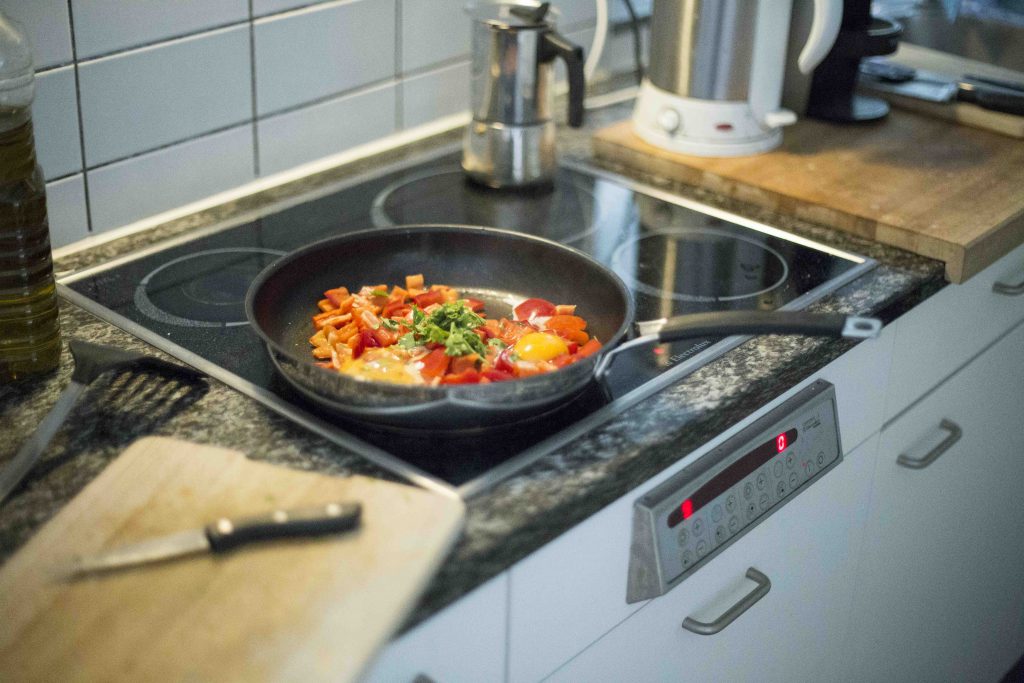Battered women, angry men — abuse always happens to someone else. But these stereotypes are not the reality. The first part of this Recognising Healthy Relationships series from the Revelstoke Women’s Shelter debunks the myths about abuse and those who seek help from the shelter.
First published here on the Revelstoke Mountaineer.
“I was almost afraid to go to the women’s shelter because it was to do with my abusive relationship with my mom. I wasn’t even sure if they would take me. My advice is to reach out whatever situation you find yourself in. If the women’s shelter can’t help you directly, they will have the resources to point you in the right direction.” Carly (name changed) came to the Revelstoke Women’s Shelter when she was 21 and pregnant.
Confusion. Rejection. Hurt feelings.
An abusive relationship will slowly chip away at your self-esteem and self-trust and can take years of your life.
In this eight-part Recognising Healthy Relationships column, we will grow awareness by looking at how to spot the signs of abusive relationships, how to support someone you know in an abusive relationship, how to care for yourself, and what to do if you’re a mom with children.
A women’s shelter helps to transform the lives of women with access to support and accurate information about abuse. It can also provide a retreat for women, allowing them space to get perspective on their situations.
Shelter is a word that often has negative connotations. You might envision a dilapidated building, crammed bedding, and basic rundown facilities. Not exactly a step up when you are vulnerable and need a haven.
The Revelstoke Women’s Shelter is a welcoming and modern space, with separate bedrooms, a comfortable living area, a well-stocked kitchen and private outdoor space. Through our Moving Forward program we create a community for women (current residents and outreach) with painting and yoga classes. The shelter also helps women with referrals to services such as legal help and counseling.

The Revelstoke Women’s Shelter is modern and homely (not an actual depiction).
The shelter is not a place to live long-term and there are rules such as no-tolerance for alcohol or drugs, bag check and a nightly curfew.
For many of us, pride is what gets in the way of admitting there is a problem and asking for help. In cases of abuse, we want to think that we’re strong enough to see the signs and leave a loved one. But strength doesn’t have anything to do with it — often it is hard to tell we’re being manipulated when emotions are involved.
While the severity of abuse differs in each case, it has a mental impact. Having insight into abuse can literally save women’s lives and their identity.
Here are some common myths about shelters and abuse:
Myth: Abusive men are alcoholic, brutal and hateful.
Reality: Often they come across as confident and attractive people who hold respected jobs and roles in the community.
Myth: Abuse is obvious.
Reality: It’s hard to pin down. Abuse is about control and power fueled by insecurities. Abuse is found in all relationships and age groups, financial status, education levels, and various racial, religious and ethnic backgrounds.
Myth: If you’re in an abusive relationship, you should want to leave your partner right away.
Reality: Leaving is difficult and emotionally hard. Be patient and gentle with yourself. Seek support, gain information and allow change to occur when you’re ready.
Myth: All relationships need work and it takes two to tango.
Reality: When one partner seeks control, it will never be a healthy equal relationship. They must recognise their behaviour and want change. You cannot help them.
Myth: You should have seen the signs.
Reality: Often the beginnings of abusive relationship are positive and loving — something most people would be attracted to.
Myth: Past trauma has damaged you and you can’t help falling for abusive men.
Reality: Your past is not an excuse for the current behaviour of your partner.
Myth: Your partner owns the house, and if you tell the shelter you’re in a bad situation, your kids will be taken away.
Reality: The shelter works with the Ministry of Child and Family Development to keep families together and frequently accepts mothers and their children.
Information is one of the best forms of defense. Check out our website at revelstokewomensshelter.ca. If you need immediate help the Revelstoke Women’s Shelter crisis line on 250-837-1111. You may also use this line to reach out for support. Staff at the shelter are happy to chat and conversations are always confidential.